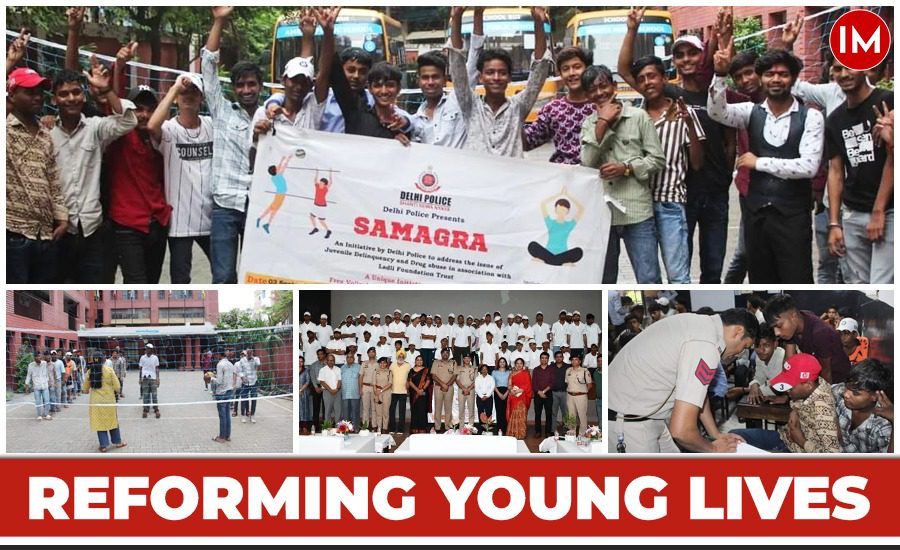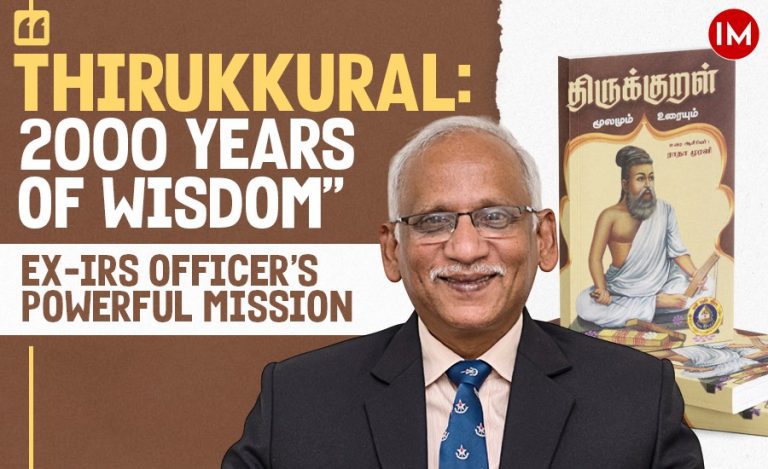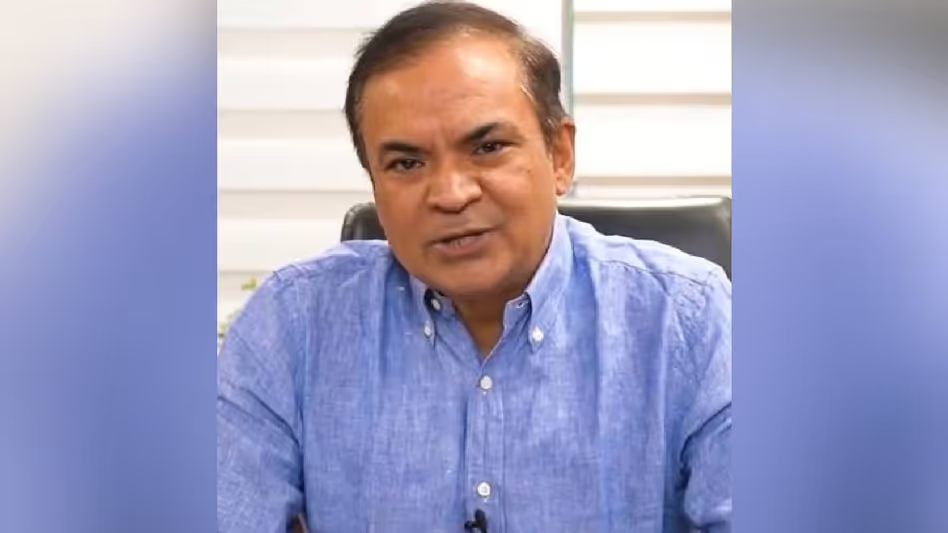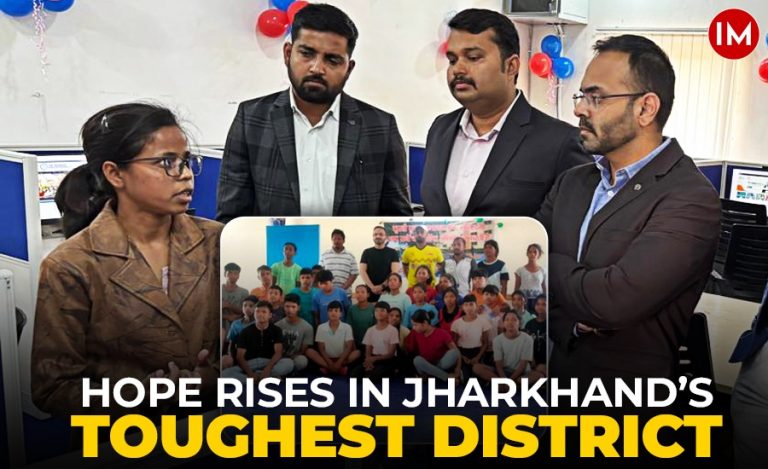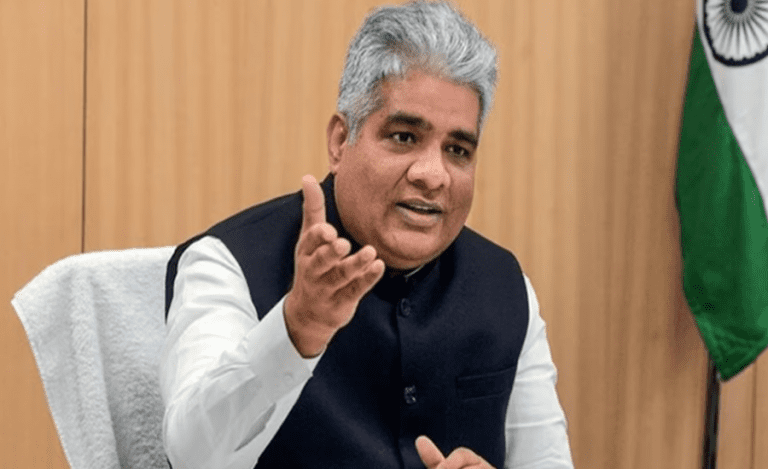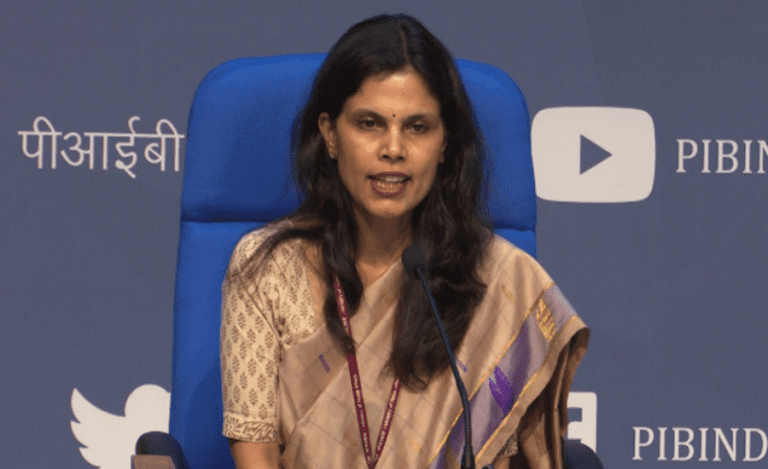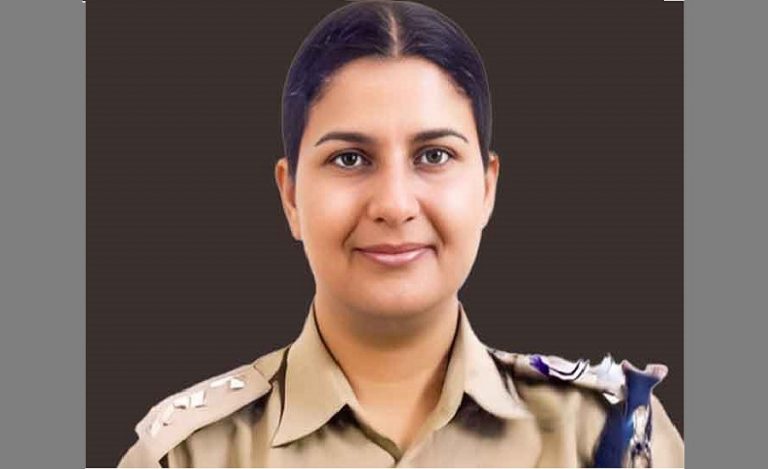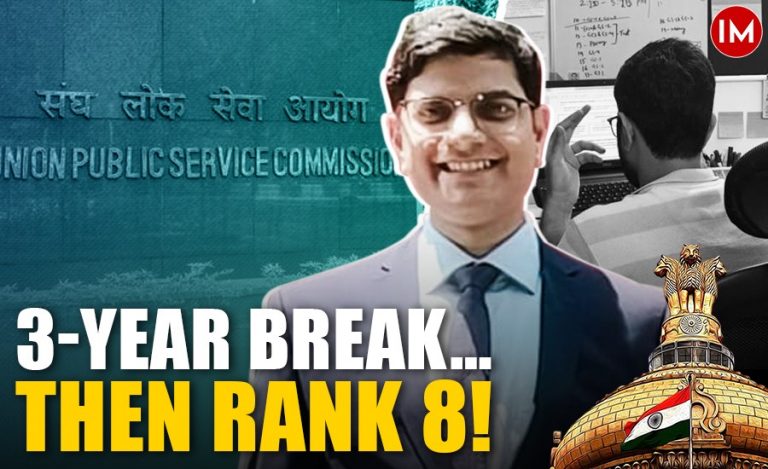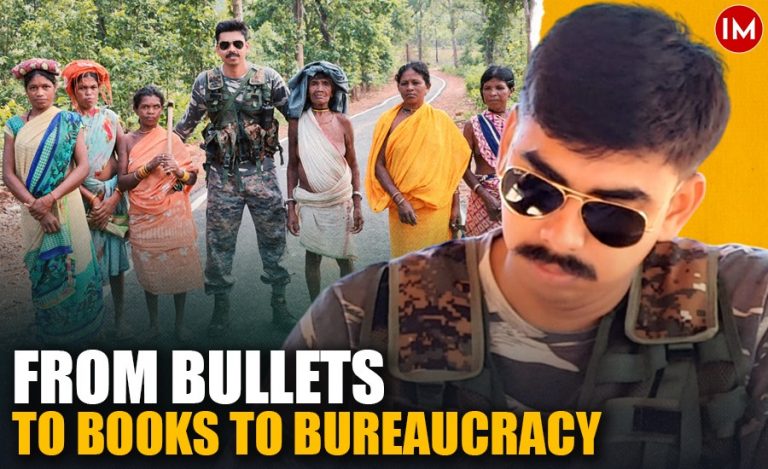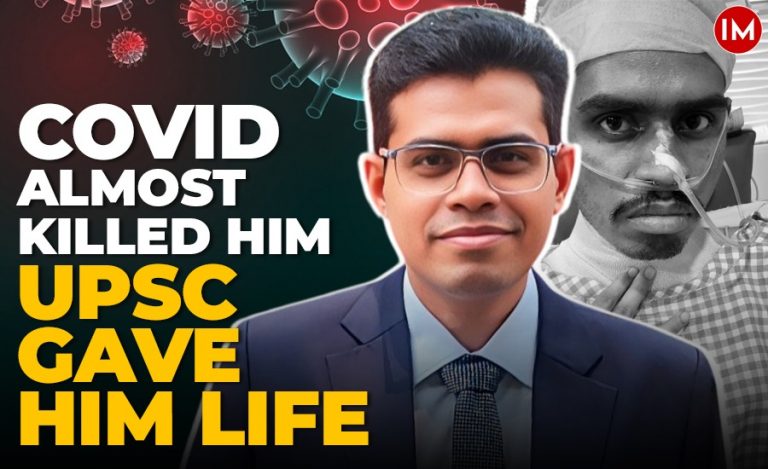In the bustling neighborhoods of South Delhi’s Sangam Vihar, Tigri, and Neb Sarai, a new initiative is beginning to take root, aiming to uplift and reform young lives that have gone astray. The Samagra program, spearheaded by the South Delhi Police under the leadership of 2013 batch IPS officer Ankit Chauhan (AGMUT Cadre), who is posted as DCP South District, Delhi, seeks to rehabilitate children in conflict with the law (CCLs) through mentorship, counselling, and skill-building activities. It’s not just another program but a sincere attempt to address the root causes of delinquency and help these children find their way back into society as productive and responsible individuals.
The Inspiration Behind Samagra
The idea behind Samagra was born from the growing recognition that many children involved in criminal activities are often victims of their circumstances. Poverty, lack of education, and limited opportunities can drive adolescents down the wrong path. DCP Ankit Chauhan and his team saw the need for a holistic approach to tackle the issue. Instead of mere punitive action, the focus is on rehabilitation and reform, giving these young individuals a second chance.
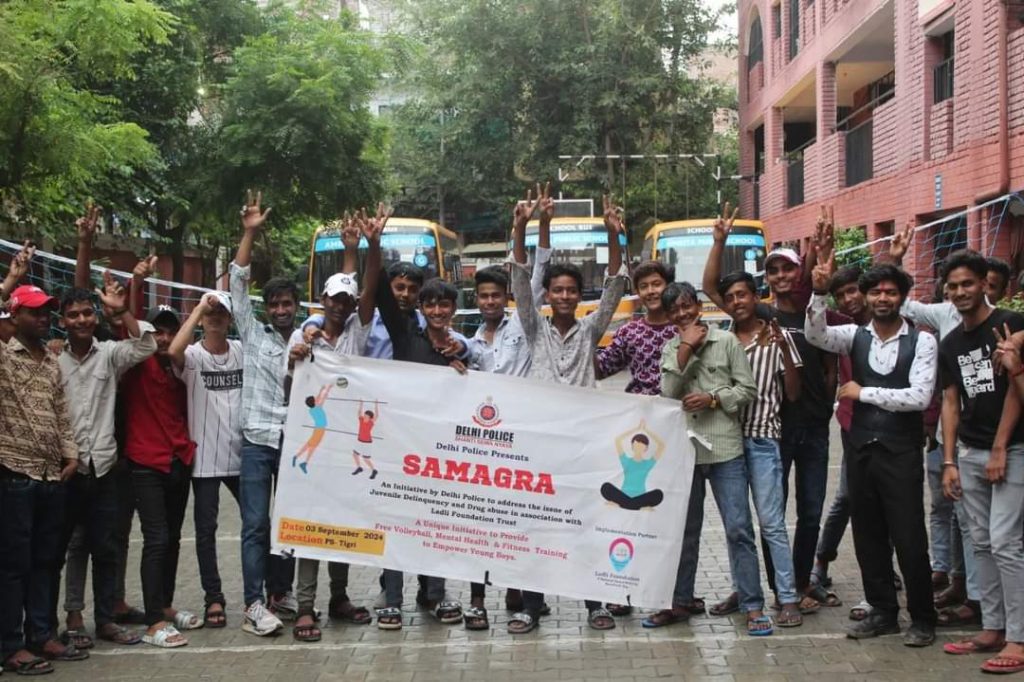
“We realized that many of these children don’t have a supportive environment or proper guidance,” DCP Chauhan shared with Indian Masterminds. “The goal of Samagra is to offer mentorship and a safe space where they can be guided toward making better life choices.”
The multi-faceted program collaborates with organizations like the Ladli Foundation and the Institute of Human Behaviour and Allied Sciences (IHBAS). It combines sports, arts, and counselling with mental health monitoring to help children channel their energy into productive outlets.
Addressing the Challenges
Implementing such an ambitious program in urban slum areas brings a host of challenges. One of the biggest hurdles has been getting consistent attendance. Many of the children targeted by the program either attend evening schools or have dropped out of school entirely to support their families through work. Convincing these children to commit time to the program and balancing their work or education has been a significant obstacle.
Another challenge was resistance from parents. Initially, some parents were reluctant to send their children for the program, fearing stigma or simply being unaware of its benefits. The police and partners worked hard to explain how the program could offer their children brighter prospects. Senior police officers addressed the families during the inaugural session on September 4, where the presence of high-ranking officials like Special Commissioner of Police Madhup Tiwari added credibility and importance to the event. The session also included more than 150 children and parents, signifying the beginning of a community-wide effort to support these adolescents.
Activities Tailored to the Youth
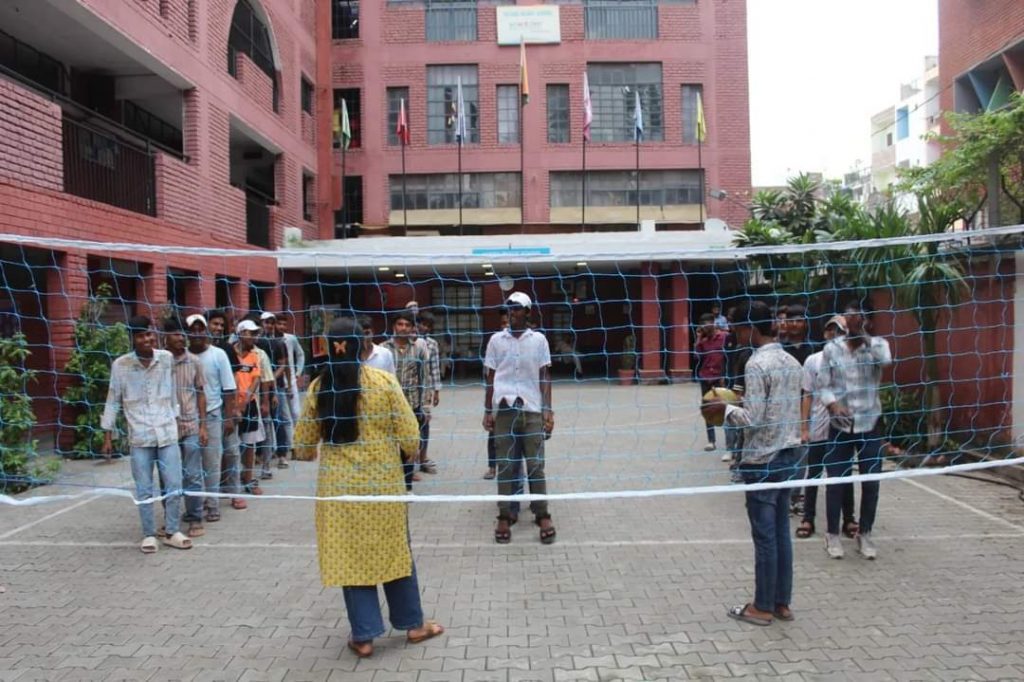
The program seeks to engage adolescents in activities that not only keep them busy but also develop valuable life skills. In collaboration with the Ladli Foundation, the children participate in daily activities such as volleyball, Zumba classes, and dramatics. These activities are designed to instill discipline, teamwork, and self-confidence, all while keeping the children occupied for at least two hours every day.
The goal is to keep them away from negative influences by fostering a structured and supportive environment. Physical and mental well-being is also prioritized through regular health check-ups in collaboration with IHBAS, ensuring that both their bodies and minds are nurtured. For many of these adolescents, the program offers an opportunity to experience positive social interaction, a critical component for children who often lack stable family support or face negative peer pressure.
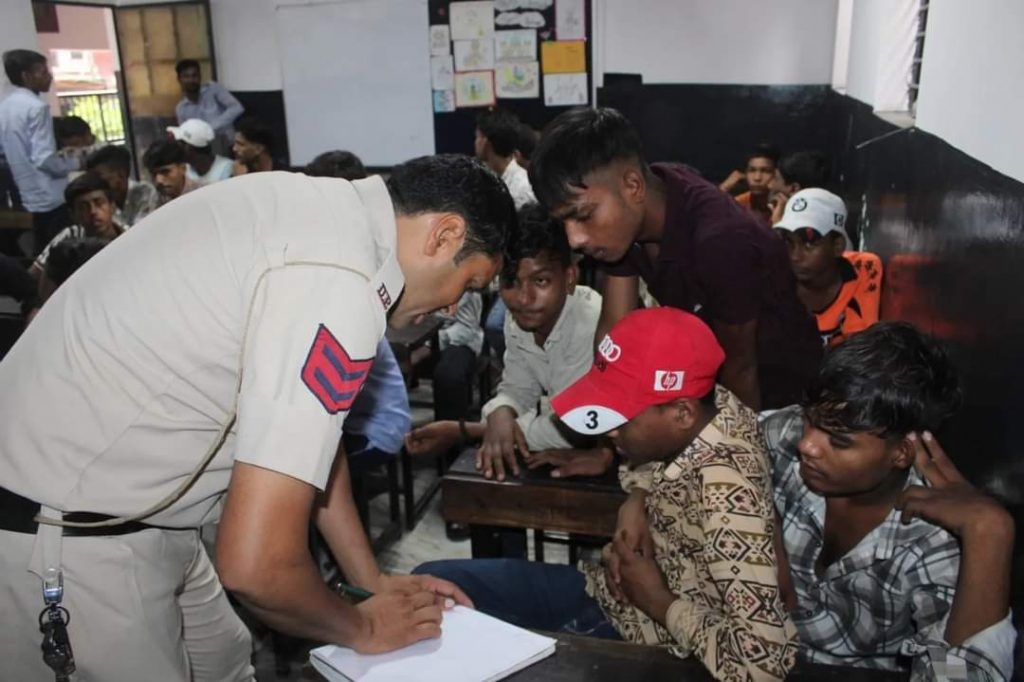
Overcoming Hurdles and Engaging the Community
The police, in collaboration with the Ladli Foundation and IHBAS, have made it a point to include the community at every step. A committee, composed of respected local members have been formed to monitor the progress of the program, further building trust within the community.
In addition to sports and arts, mentorship plays a central role in Samagra. Each child is assigned a mentor who helps guide their progress and development. The program plans to bring in motivational speakers to inspire these children and show them that change is possible. These speakers will share personal stories of resilience, highlighting how hard work and determination can open doors that once seemed closed.
Early Progress and Future Impact
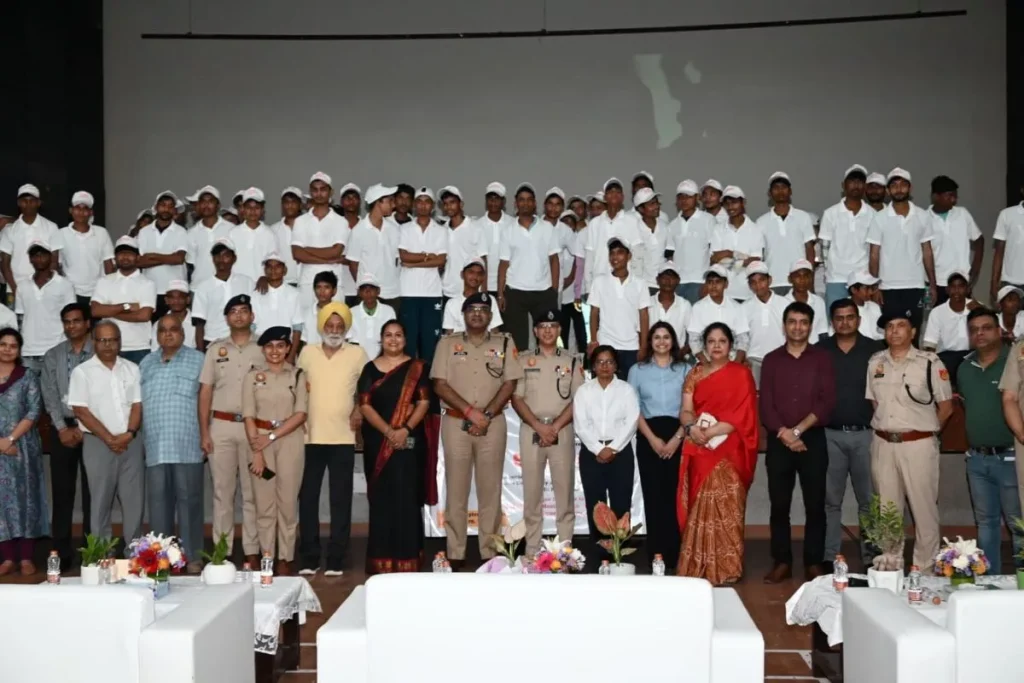
Although Samagra is still in its initial stages, there are promising signs of progress. The inaugural event saw an enthusiastic turnout, and the registration process for the children has been completed. The children, many of whom have had recent brushes with the law, are being engaged in the program’s various activities, giving them a chance to develop new skills and perspectives. The physical and mental well-being of these children is being closely monitored, with mentors assigned to guide them through the process.
While it is too early to measure the long-term impact, the ultimate success of the program will be in its ability to help these adolescents rebuild their lives. The real measure of success will be in how many of these children can reintegrate into society as reformed individuals, ready to contribute positively.

